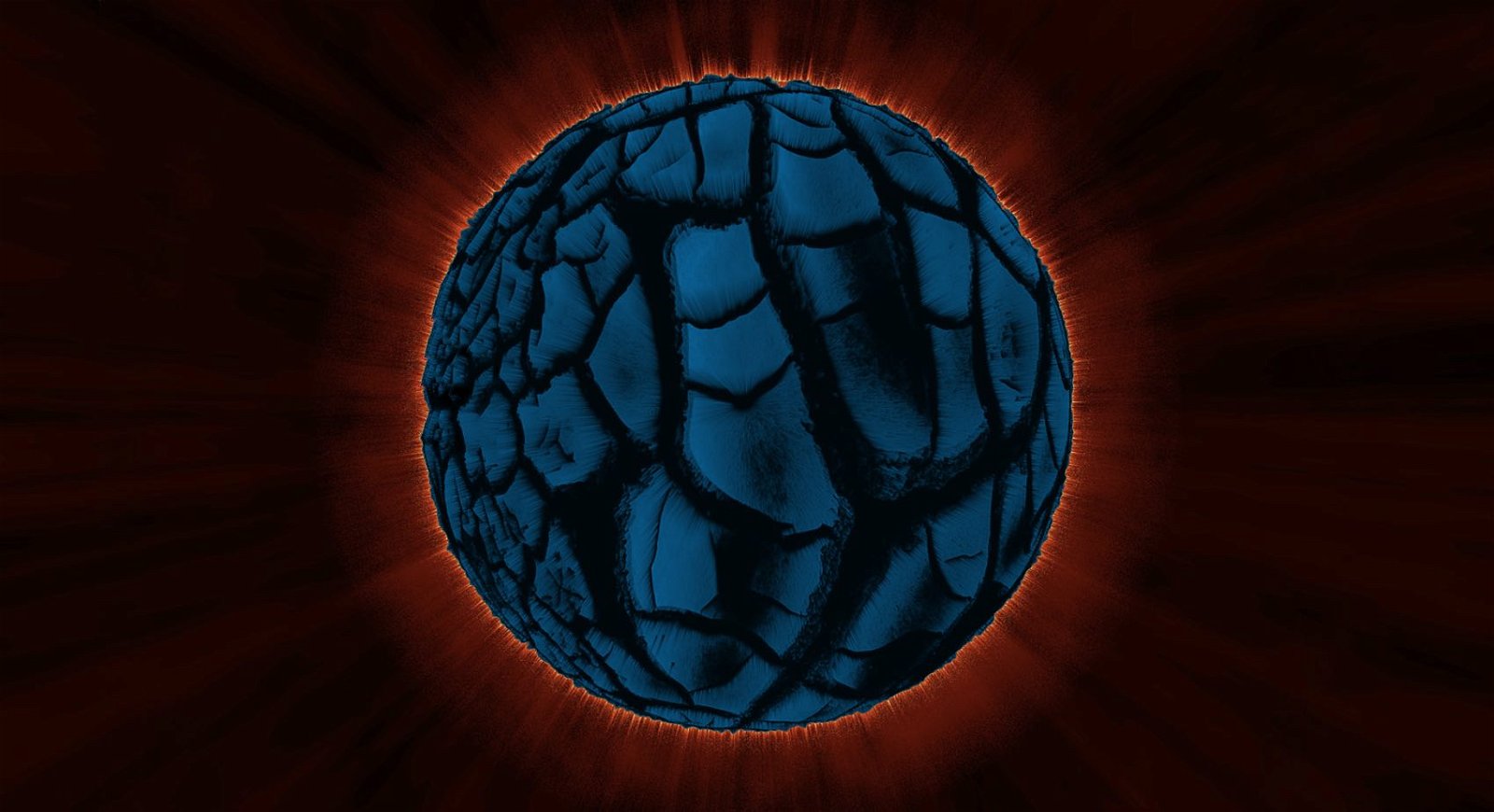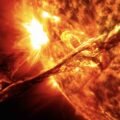13.7 billion years ago, a tiny pocket of extremely hot and densely packed radiation erupted into a blast which, according to modern cosmological theories, gave rise to the universe as we know it today. However, the Big Bang event, as it is known, may not have been the only one of its kind, according to new research that proposes the idea of a second “Dark Big Bang” to help account for one of cosmology’s greatest lingering mysteries.
The Big Bang has generally seen widespread acceptance among cosmologists as the event that marked the beginning point of our universe, expanding from its incredible primordial state of heat and density into all the matter and energy that populate the cosmos as we see them today.
Early in the evolution of the universe, a mixture of light particles, or photons, and subatomic particles known as baryons existed in a state of extreme temperatures. The production of nuclei in the universe’s very earliest phase—likely within the first 20 minutes, although possibly even in just a matter of seconds—apart from lightweight hydrogen isotopes describes what is known as Big Bang nucleosynthesis, a concept that supports this early mixture of photons and baryons.
One problem cosmologists have encountered is that similar support is not offered to account for dark matter, the mysterious nonluminous substance that is hypothesized to populate the universe. However, some researchers are beginning to look at later periods in the development of the universe for possible clues as to dark matter’s mysterious origins.
In a new preprint paper by authors Katherine Freese and Martin Wolfgang Winkler, the authors propose a second type of cosmological event, which they call the “Dark Big Bang,” could have been responsible for the creation of dark matter and possibly also dark radiation.
Occurring sometime after the original Big Bang, Freese and Winkler posit that the Dark Big Bang might have taken place at a much later time, and within a hypothetical region of the universe composed of dark matter and dark energy, aptly named the dark sector.
At some point, they argue, the dark sector may have undergone a phase transition that could have caused dark vacuum energy to be transformed into a plasma of dark particles that manifested at extremely high temperatures. This transitional stage, known as a first-order phase transition, describes the physical process where one state, such as solids or liquids, is converted into another.
According to Freese and Winkler’s preprint paper, dark matter might have originated during this Dark Big Bang in a variety of ways, which includes what they call “dark matter cannibalism,” where dark matter particles effectively consume each other. An additional possibility involves dark matter particle annihilation in pairs, after which they undergo a cooling phase called thermal freeze-out.
In another scenario, the formation of extremely heavy dark matter, which Freese and Winkler refer to as “dark-zilla”, might have originated as a result of the collision of bubbles during this hypothetical Dark Big Bang.
“We will show that the Dark Big Bang is consistent with constraints from structure formation and the Cosmic Microwave Background (CMB) if it occurred when the Universe was less than one month old,” Freese and Winkler write, also citing certain temperature constraints.
Although acknowledging that the types of dark matter that would have originated from such an event would be difficult to detect either directly or indirectly, they nonetheless argue that “the Dark Big Bang could produce unique gravitational wave signals detectable by pulsar timing array experiments.
“Additionally, this theory opens up the possibility of discovering self-interacting or warm dark matter in future observations of small-scale structures in the universe,” the authors add.
Freese and Winkler’s new paper, “Dark Matter and Gravity Waves from a Dark Big Bang,” is pending peer review and publication, and can currently be read on the open-access preprint website arxiv.org.
Micah Hanks is the Editor-in-Chief and Co-Founder of The Debrief. He can be reached by email at micah@thedebrief.org. Follow his work at micahhanks.com and on Twitter: @MicahHanks.

